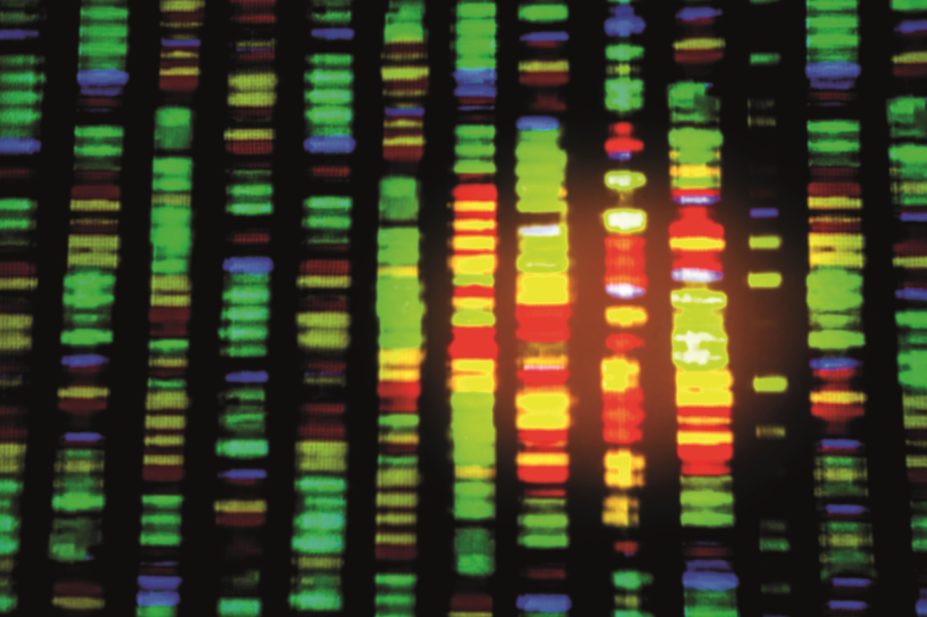
Shutterstock.com
A person’s genetic profile is thought to account for between 30% and 60% of their risk of coronary heart disease. Therefore, researchers at Harvard Medical School created a genetic risk score for patients based on 27 known genetic variants, reported in The Lancet
[1]
. The team then re-analysed information from four randomised controlled trials of patients given statin therapy and also from a community-based cohort study (n=48,421).
Independent of other risk factors, such as age, smoking status and diabetes, people with a high and intermediate genetic-risk score had an increased likelihood of coronary heart disease compared with people with a low genetic-risk score (hazard ratios 1.72 and 1.34; P<0.0001 and P<0.0001, respectively).
Patients with high and intermediate genetic risk benefited more from statin therapy than patients at low genetic risk — the number needed to treat in order to prevent one coronary heart disease event in ten years was 25, 42 and 66, respectively.


